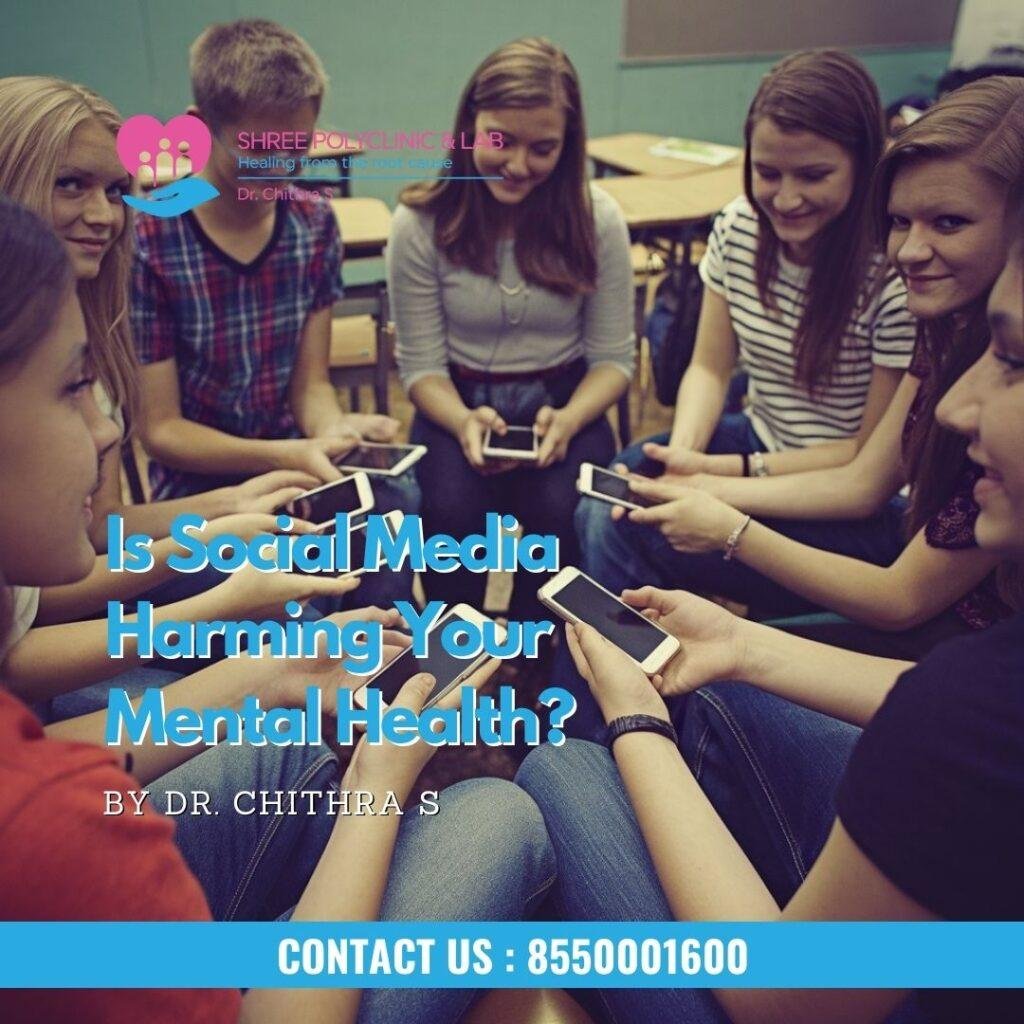Introduction
In the digital age, social media has become an integral part of everyday life. While it offers numerous benefits such as instant communication, access to information, and a platform for self-expression, recent studies have highlighted its darker side. Prolonged social media usage, especially among adolescents, has been linked to an increase in mental health concerns, including anxiety, depression, and cognitive decline—sometimes referred to as “brain rot.” As discussions around regulating social media usage gain momentum, understanding the impact and promoting digital well-being is more important than ever.
The Link Between Social Media and Mental Health
Research has consistently shown that excessive screen time can negatively impact mental health. Here are some key findings:
- Increased Anxiety and Depression: Studies indicate that excessive social media exposure leads to heightened stress and feelings of inadequacy, as users often compare themselves to curated, idealized images of others.
- Reduced Attention Span: Constant engagement with short-form content and notifications can hinder the ability to focus, leading to difficulties in academic performance and personal relationships.
- Sleep Disruptions: Late-night screen time has been linked to poor sleep quality, which in turn exacerbates mental health issues.
- Cyberbullying and Online Harassment: Many adolescents experience cyberbullying, which can significantly impact self-esteem and mental stability.
The Concept of “Brain Rot”
Experts have begun using the term “brain rot” to describe the cognitive decline associated with prolonged social media use. This phenomenon is linked to:
- A decrease in critical thinking skills due to passive consumption of content
- Impaired memory retention and recall
- Reduced ability to engage in deep, meaningful conversations
The Role of Regulations in Protecting Minors
Given these concerns, many governments and organizations are advocating for regulations to protect young users. Some proposed measures include:
- Age Restrictions: Implementing stricter age verification for social media accounts
- Screen Time Limits: Encouraging apps to introduce built-in screen time management features
- Content Moderation: Filtering harmful content and misinformation to create a safer online space
Tips for Managing Screen Time and Promoting Digital Well-Being
While regulations can help, parents, educators, and individuals must take proactive steps to encourage healthy digital habits. Here are some effective strategies:
- Set Screen Time Limits: Use built-in tools like app usage trackers to monitor and control daily social media consumption.
- Encourage Offline Activities: Promote hobbies such as reading, sports, and outdoor activities to reduce reliance on screens.
- Create Tech-Free Zones: Establish areas in the home, such as the dining room or bedroom, where devices are not allowed.
- Practice Mindful Usage: Encourage adolescents to be conscious of how social media makes them feel and take breaks when needed.
- Promote Positive Online Behavior: Teach young users the importance of digital etiquette, kindness, and critical thinking.
Conclusion
While social media is an essential tool for communication and self-expression, its negative impact on mental health cannot be ignored. Adolescents, who are especially vulnerable, require guidance and support to navigate the digital world safely. By implementing responsible usage habits, advocating for meaningful regulations, and promoting a balanced lifestyle, we can create a healthier relationship with social media.
Let’s start the conversation—how do you manage your social media usage to maintain mental well-being? Share your thoughts in the comments below!

